Homeowners and future homeowners should be well-aware of their options, as well as equity loans. Owning a house is a big step in itself, which is why you need to approach it strategically and smartly, with the needed level of caution. The right equity loan can be seen as a cost-effective way to achieve certain financial goals for most people who need a quick solution at the moment. Keep on reading and understand all of your options, as well as the pros & cons of home equity loans.
What is a home equity loan?
A home equity loan is something like a second mortgage. With it, you are allowed to tap the available while also understanding your value and your mortgage balance.
People prefer it since the loan is paid out in different sums while being secured by your home, so not everyone sees the downsides or cons to it right away. Most people will repay it in 5-30 years (depending on your arrangement & deal with the bank).
With a home equity loan, your home is seen and used as collateral in order to secure any type of funding that is needed at the moment. You should know that your credit and sometimes your income can be taken into consideration when you’re applying for a loan, but not all the time.
What are the different types of home equity loans

There are two different kinds for you to choose from and understand, and those are fixed & revolving loans. Here’s what they are and how they differ:
Fixed loans are also known as short-term kinds since they are given to the borrower in just one go. You get the interest rate and monthly payments fixed and pre-setup for your use. Most people can easily qualify for this loan since it doesn’t require a detailed review of your income or your previous credit.
A revolving loan is also known as the home equity line of credit (or HELOC). With this approach, you will have your funds the same way you’d do with a credit card. Your monthly payments are based on what you owe and you can use your credit only after it’s been paid off. For most people, this approach & this loan is a lot more complicated to understand and to get from the bank. In conclusion, HELOC is a revolving credit line rather than a lump sum.
Who should take the home equity loan & why?
There are a number of reasons why you might prefer a home loan + why you might find it beneficial and much-needed at the given moment. For a lot of people, this can come in handy for:
- Their future and current home renovating tasks
- Payday loans
- You can rebuild your credit if you have a bad score
However, talk the process through with someone skilled & who has been in this industry for a while before you start this journey. What are the pros & cons of a home equity loan:
Pros
1. You will be paying a fixed interest rate
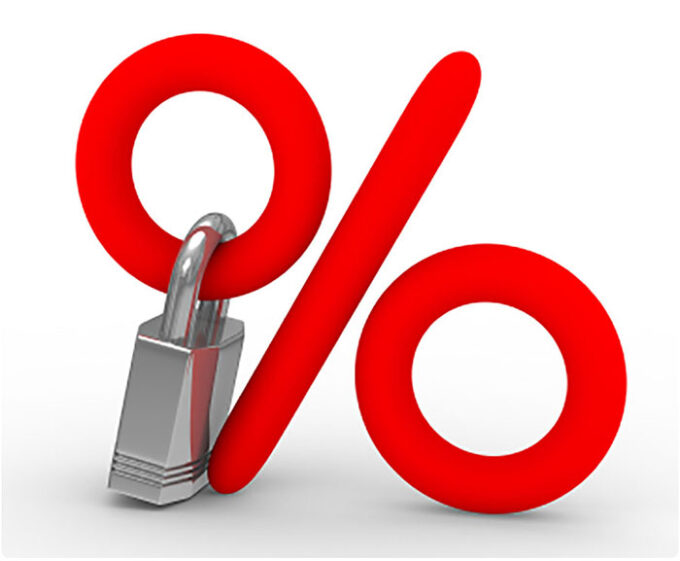
Did you know that your monthly payments can’t be affected with this system? A home loan is the same whether your interest rates rise or fall with each month. Enjoy its fixed rate during the entire period.
2. Smaller borrowing costs

Enjoy lower borrowing costs and interest rates when it comes to your home equity. This is because your home is seen as the collateral itself.
3. Money can be used for any purpose

You can use your money however you like and you get to enjoy your financial freedom. You can start a new business opportunity if you want.
4. Tax-deductible
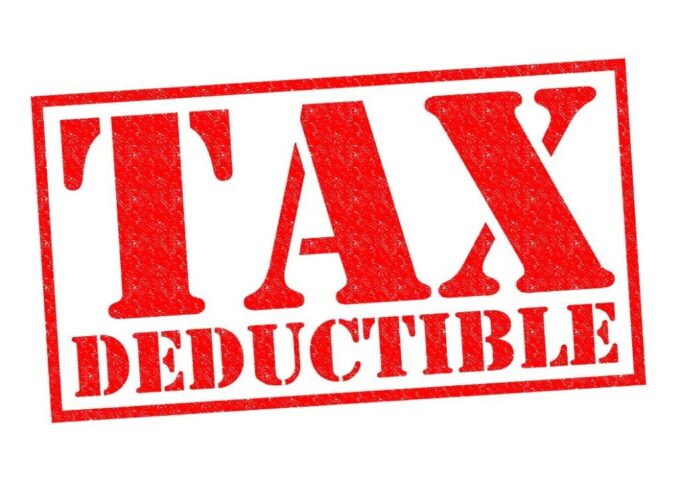
You can even qualify for taxable income with this approach and in some cases if you get the green light from the bank.
Cons
1. Higher rates than HELOC
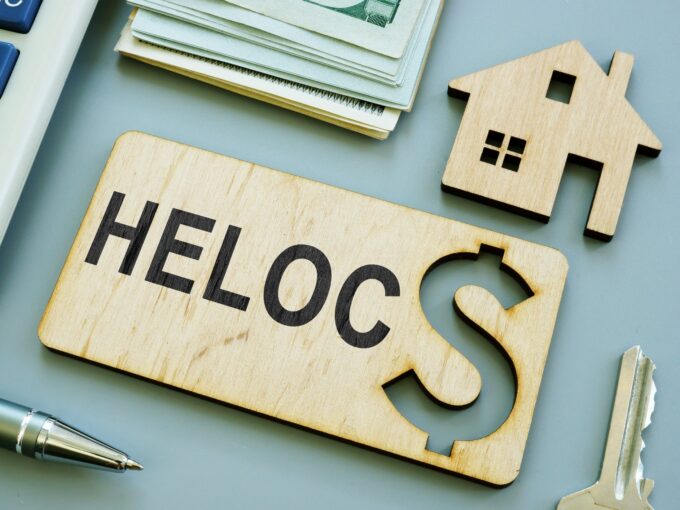
You will experience a higher rate since it is a fixed kind. It won’t move or fluctuate like HELOC, but HELOC can be seen as a gamble, it is an individual preference.
2. Your home is used and seen as collateral

You should never stop making your payments and always fill out your payment duties. In case you don’t, you could lose your home.
3. You’ll work with two mortgage payments

If you have one mortgage already you could be dealing with a new one and two housing-related payments each month. This can make an impact on your future goals & savings.
As you can see, there are always pros & cons of each system and solution that you go for. Think if this is something that suits your needs & meets your criteria before you begin your financial journey.
What are the 3 alternatives to a home equity loan?
1. There is the cash-out refinance
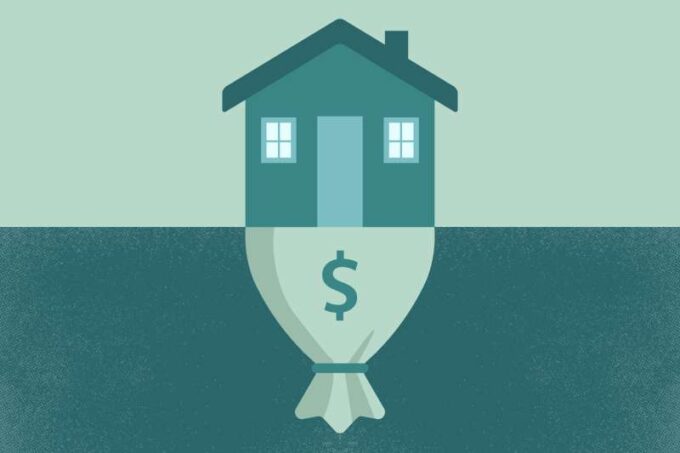
This is a method where you get to replace your current mortgage with one kind that is bigger than your current balance. The difference is then received in two even payment options.
2. There is always HELOC
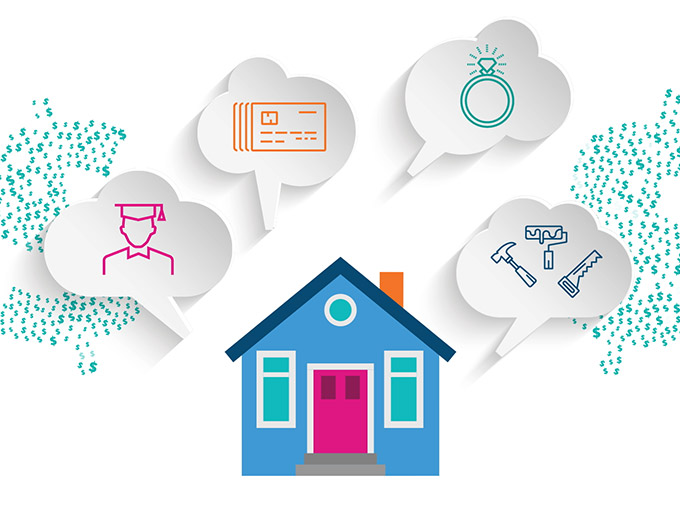
As previously explained and mentioned this is a system where you get to access a set line of credit that you can borrow and usually use as it lasts up to 10 years.
3. An unsecured personal loan

This system allows you to borrow money and repay it in fixed installments within your preferred schedule & timeline. You can get up to $100,000 and repay it for around 10 years.
Where to get a home equity loan & who to trust?
If you need some financial help and you’re not too sure who to trust or where to turn make sure that you check this site. You will enjoy their approach since home equity loans are their thing + the whole process has just gotten easier to understand & apply for. You can get approval within 24 hours and enjoy the financial help that you need & deserve. Have all of your questions answered in one place and get help from someone who you can trust, especially if you’ve been turned down by a bank.









